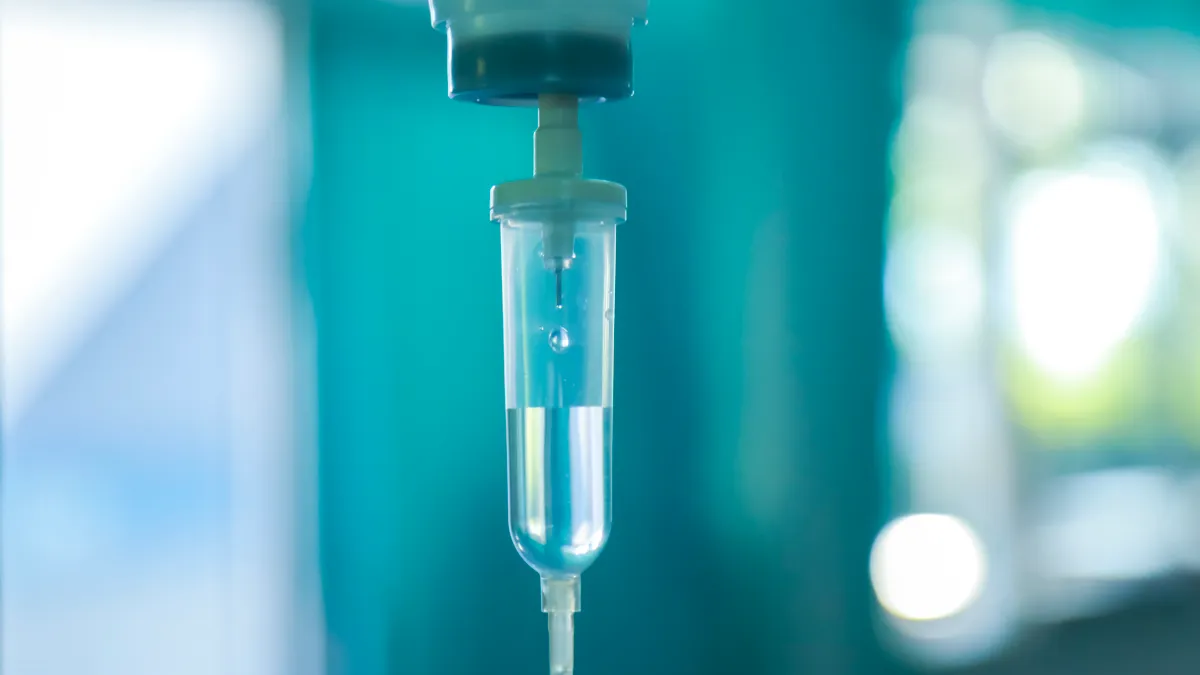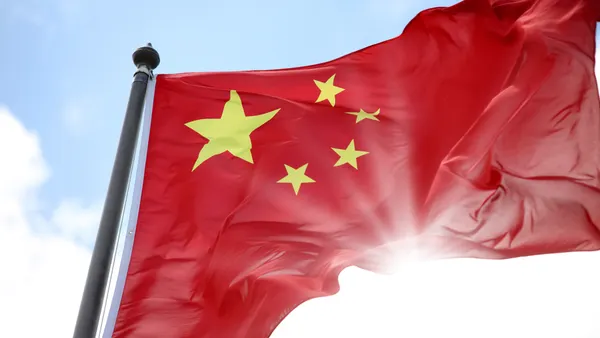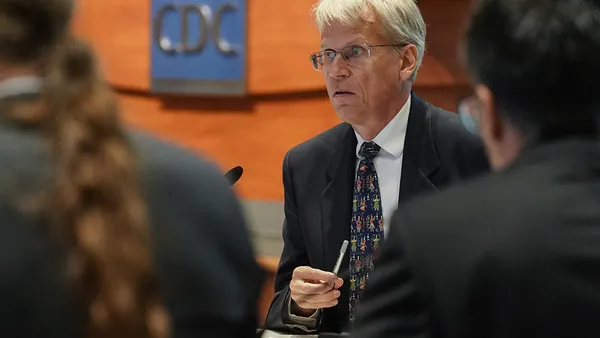Medical treatments are only effective if they’re accessible — the best drug or procedure in the world won't help the patients who languish on a waiting list or are hindered by any number of care roadblocks.
CAR-T cell therapy is still a young breakthrough in medicine, and one that holds a good deal of promise. But the manufacturing process by which cells are engineered is lengthy and location-dependent — challenges that can be detrimental for those with the serious diseases that require the extensive intervention.
And while oncologists whose patients need CAR-T therapy for blood cancers like leukemia, lymphoma or myeloma are looking for the best treatments available, turnaround times have become a major factor in prescribing practices.
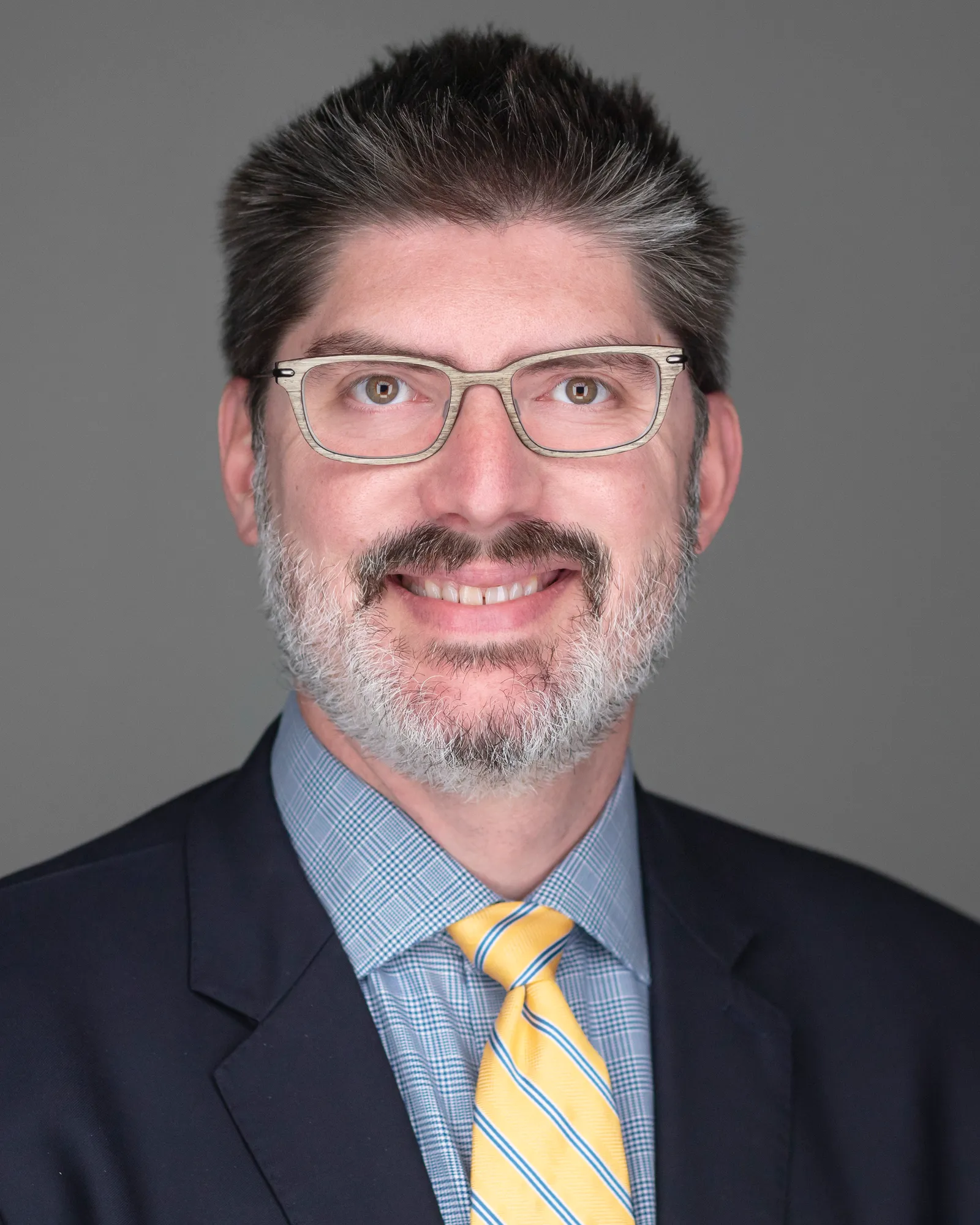
So far, all of the approved CAR-Ts are autologous therapies — for which cells are taken from the individual, engineered to express new disease-fighting antigens and then returned to the same person — and can take weeks or even months to produce. For a patient's life to hang in the balance of these manufacturing times is a frustrating aspect of an otherwise exciting and groundbreaking technology, said Dr. Fred Locke, program co-leader and immuno-oncology chair in the department of blood and marrow transplant and cellular immunotherapy at the Moffitt Cancer Center in Tampa, Fla.
"That process at its best takes about three weeks, and in some cases can take six weeks or longer, and that's not even counting the time you have to schedule the manufacturing, which in some cases could be three months from now because we have to wait to get a manufacturing slot," Locke said. "So shortening that time to get the CAR-T cell therapy is important."
For patients and their doctors, the wait is harrowing and emotional. And for oncologists who see many tough cases, feeling helplessness in the face of time is a lot to handle when the treatment is within arm's reach.
"You can't really describe that, right? You've got a patient who's out of treatment options, and you can't get them the CAR-T cell therapy that they need — it's heartbreaking," Locke said.
For patients with myeloma, for instance, the waiting list can be more than 100 patients long — and about 20% die waiting for their cell therapy, Locke said. And of those who receive it, the therapy can arrive too late to provide the benefit it could have had earlier.
But advances to CAR-T cell therapy that could alleviate some of these challenges are on the horizon. Locke is a collaborator with Allogene Therapeutics' CAR T Together, a collective of investigators and institutions helping to bring forward the next generation of cell therapies that are "off-the-shelf" ready, called allogeneic as they don't require the patient's own cells and don't require such an extensive manufacturing process.
"There have been hurdles, but they're no different from the hurdles that you see in the development of any other product in oncology, and little by little, we've been overcoming them."

Dr. Rafael Amado
Executive vice president, head of R&D and chief medical officer, Allogene Therapeutics
Locke, who has been an investigator with Allogene on the first allogeneic therapy to enter phase 2 studies — ALLO-501A for patients with a certain type of lymphoma — is optimistic about the future of CAR-T cell therapy despite the challenges being faced today.
"We're hopeful that these allogeneic CAR-T cell therapy trials accrue robustly and that the results are as we expect, which is that they're going to work for our patients similar to autologous CAR-T cells," Locke said. "And that they'll become therapies that are out there for all, and I fully expect that to happen."
Next-gen breakthroughs
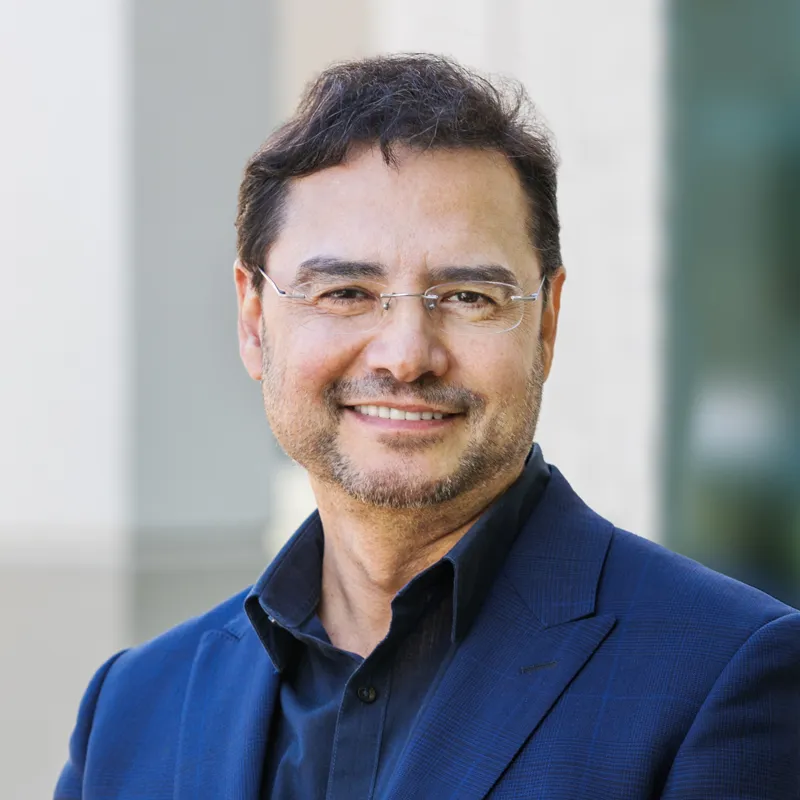
As with any new technology, advances are iterative and take time to develop. In the realm of cancer treatments, though, the manufacturing bottleneck is something the industry is facing for the first time, said Dr. Rafael Amado, executive vice president, head of R&D and chief medical officer at Allogene Therapeutics and a 2022 PharmaVoice 100.
The first CAR-T cell therapies approved in the U.S. came through in 2017 — Novartis' Kymriah for a type of leukemia and now-Gilead-owned Kite Pharma's Yescarta for lymphoma, both autologous therapies with well-documented wait times. Amado related the current CAR-T bottleneck to past cancer treatments that patients couldn’t access at first.
"There's been paradigms in which drugs were known to be active but they weren't really approved yet — I remember the days of (Roche's) Herceptin, for instance, when there was a lottery to see who could get access to this drug, which could be life-saving," Amado said. "So there's been situations that have been somewhat tragic in the past in oncology, and that has been done for the purpose of trying to establish the efficacy and safety of the product prior to approval."
But the issue of manufacturing delays is relatively unprecedented in the cancer space.
"In general, I think manufacturing has never been a bottleneck in oncology," Amado said.
That bottleneck is likely to persist as autologous therapies remain "a victim of their own success," and demand from patients remains high.
"It's saturated the ability to manufacture and to manufacture on time," Amado said. "So it's recognized in the field that we need to transform this into a product from what it is now — which is a process in a selective group of patients — so that this potentially curative intervention can be available to any patient in need."
Autologous CAR-T cell therapies have been available before allogeneic therapies have made it out of clinical trials because the science is more complicated. In autologous therapies, the risk of rejection in the patient is much lower because the cells are from the same person — cells from a different donor need to be prepared genetically so that they can be received by the patient, Amado said.
"A number of technologies had to come together for this to become a reality, and the technology of gene editing is now really mature," Amado said. "Gene editing technology allows us to manipulate the cells to change the genetic code so that they are tolerated and they can stay in the body of the patient long enough to exert an anti-tumor effect and therefore cure the tumor."
Allogeneic CAR-T treatments are the next logical step in cell therapy to widen the gates that have kept patients from receiving the care they need, Amado said.
"There have been hurdles, but they're no different from the hurdles that you see in the development of any other product in oncology, and little by little, we've been overcoming them," Amado said. "We're poised to come up with what we call CAR-T generation two — generation one has been fantastic and has saved the lives of many patients, but not enough patients, and not all the patients that need it."
Industry's role
Scaling up a cell therapy process isn't the same as scaling up, say, the number of drugs or chemotherapy bags a company can provide to oncologists who are treating their patients, Locke said.
"With autologous CAR-T, it's a little bit of a different equation, where they have to map out how many patients could get this therapy, how many of these clean rooms and technicians we need," Locke said. "And that's an upfront investment for a much more complex process."
Given these high barriers, Locke is worried that some companies may duck out of the CAR-T business altogether if a new generation doesn't become available.
"I am concerned that companies may look at CAR-T as something that maybe they shouldn't do," Locke said. "If the margins aren't right or it's too much of a headache or a hassle — I hope that doesn't happen at some of the Big Pharma companies, but that's a concern of mine right now."
The prospect of allogeneic options and the ability to work alongside companies like Allogene and other oncologists with the same vision are all giving Locke hope for the future of CAR-T therapy.
"Getting new CAR-T cell therapies that are manufactured more quickly or even already manufactured and given rapidly and quickly to the patient — I think that will solve a lot of these issues," Locke said.
The awareness that the collaboration of CAR T Together offers could also help bring about more comprehensive understanding of the potential of allogeneic therapies, Locke said.
"The reality is we need more of these trials and more sites so that we can find out how well they work," Locke said. "Patients who need these therapies aren't getting them."
Allogene is looking to tackle several targets outside of lymphoma, including multiple myeloma, and depends on investigators like Locke as part of the coalition to push the technology further.
"Fortunately, there's a cadre of investigators that really believe allogeneic cell therapies are required," Amado said. "It's this alliance between the investigator community who has become incredibly sophisticated in treating side effects and in really holding these patients until they're able to get therapies — the enthusiasm is there, and the problem is very well recognized."



